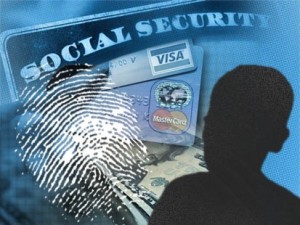The site contained manuals such as “14 ways of hacking credit cards” and “running cards on eBay” and information on staying anonymous. It sold hacking software and instructions on how to manufacture crystal meth and explosives.

Nicholas Webber, who masterminded the criminal website Ghostmarket.net, has been jailed for five years.
Three teenagers who founded and operated one of the world’s largest English-language internet crime forums, described in court as “Crimebook”, have been sentenced to up to five years in custody. Police estimate that losses from the thousands of credit details traded over the site, Gh0stMarket.net, amount to £16.2m. The web forum, which had 8,000 members worldwide, has been linked to hundreds of thousands of pounds of registered losses on 65,000 bank accounts.
Nicholas Webber, the site’s owner and founder, was arrested in October 2009 with the site’s administrator, Ryan Thomas, after trying to pay a £1,000 hotel bill using stolen card details. They were then 18 and 17. Webber was jailed for five years on Wednesday and Thomas for four years.
After seizing Webber’s laptop, police discovered details of 100,000 stolen credit cards and a trail back to the Gh0stMarket website. Webber and Thomas jumped bail that December, fleeing to Majorca, but were rearrested when they flew back to Gatwick airport on 31 January 2010.
Southwark crown court was told how public-school-educated Webber, the son of a former Guernsey politician, was using an offshore bank account in Costa Rica to process funds from the frauds. After his initial arrest, Webber threatened on a forum to blow up the head of the police e-crimes unit in retaliation, and used his hacking skills to trace officers’ addresses.
For more:Â http://www.guardian.co.uk/uk/2011/mar/02/ghostmarket-web-scam-teenagers






